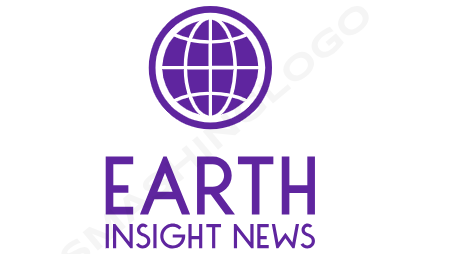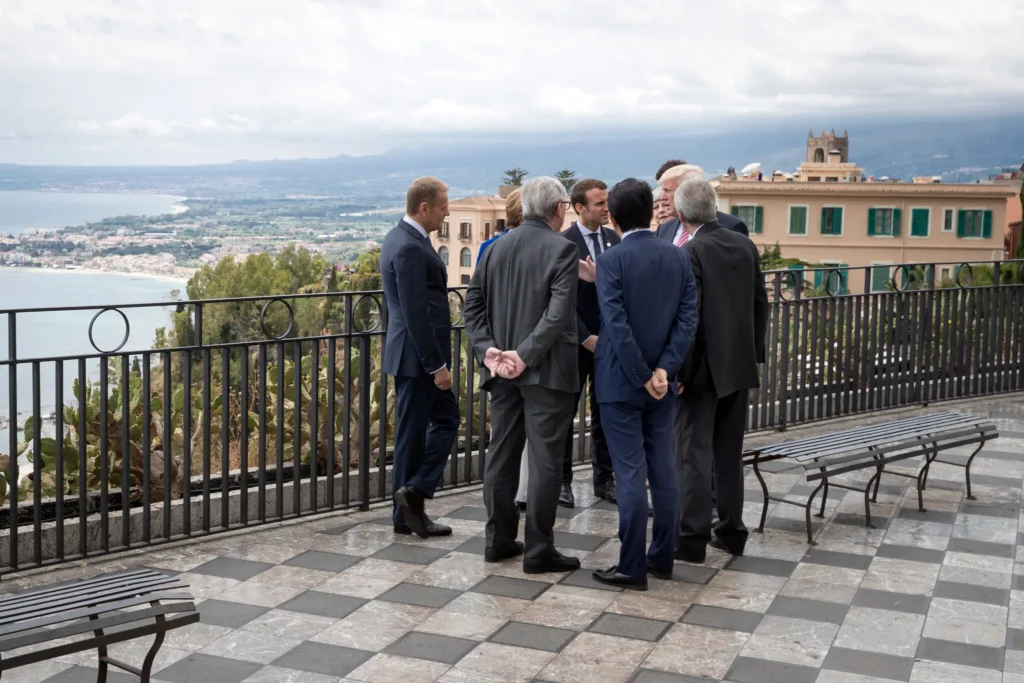
As global leaders brace for a possible return of Donald J. Trump to the White House, they are moving quickly to establish diplomatic bridges, calling on their top advisors and former allies within Trump’s sphere to help them navigate what could be a complex new era in U.S. foreign policy. Many remember the challenges and unpredictability of Trump’s first term and are taking preemptive steps to secure their interests and avoid repeating past clashes. Prime Minister Keir Starmer’s recent meeting with Trump at Trump Tower is just one example of these proactive efforts, signaling a notable charm offensive from the British government despite their ideological differences. “We are friends,” Trump told Starmer, underscoring the importance of such personal rapport, though only time will tell if this camaraderie lasts.
Global strategists are watching closely, aware that a transactional and often mercurial Trump could upend established diplomatic channels. His well-documented skepticism of alliances and protectionist trade policies have already led some leaders to reconsider their approach.
Rekindling Relations: Learning from Trump’s First Presidency
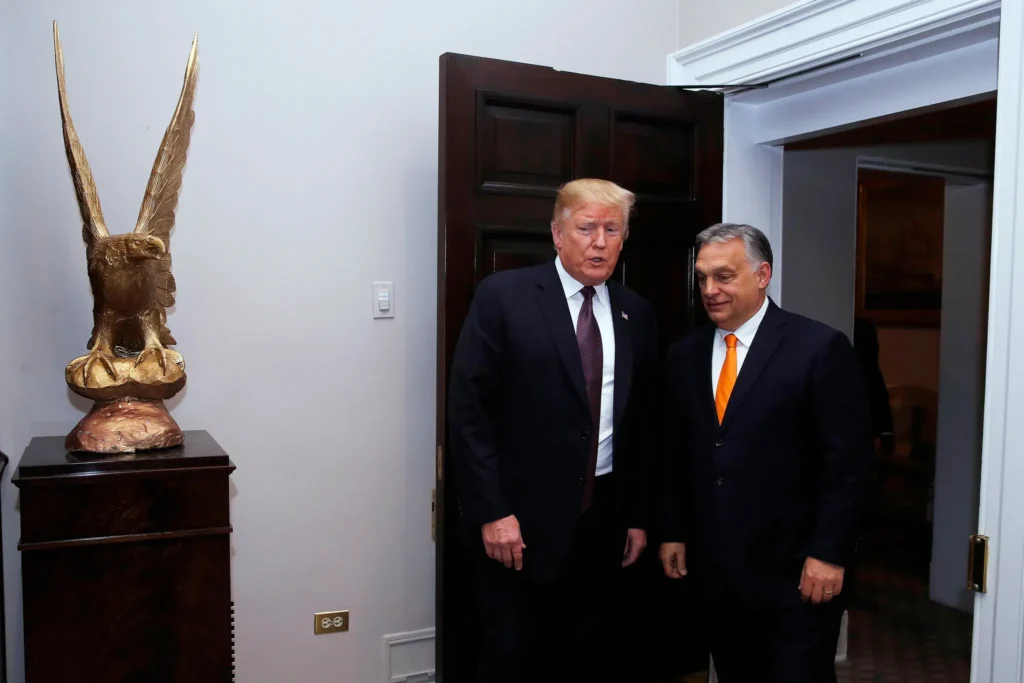
The memory of Trump’s initial interactions with foreign leaders is still fresh. Many allies had to adapt quickly to Trump’s highly unpredictable and transactional approach. Malcolm Turnbull, former Australian Prime Minister, recalls the challenges he faced trying to persuade Trump to honor an Obama-era refugee agreement in 2017. The negotiation was rocky but ultimately successful, thanks in part to Turnbull’s careful efforts to frame the deal as mutually beneficial. Reflecting on the lessons learned, Turnbull noted, “This time, everyone knows what they’re getting into. Trump operates on a transactional basis; you need to show him that any proposed policy will benefit him directly.”
For leaders like President Volodymyr Zelensky of Ukraine, this transactional approach has informed a new strategy. Zelensky recently met with Trump in New York, emphasizing how U.S. military support for Ukraine benefits American defense contractors. This includes major players like Lockheed Martin, whose HIMARS rocket system has become a critical tool for Ukrainian forces. The stakes are high for Ukraine, with Trump’s public skepticism about military support adding to concerns about a forced settlement with Russian President Vladimir Putin.
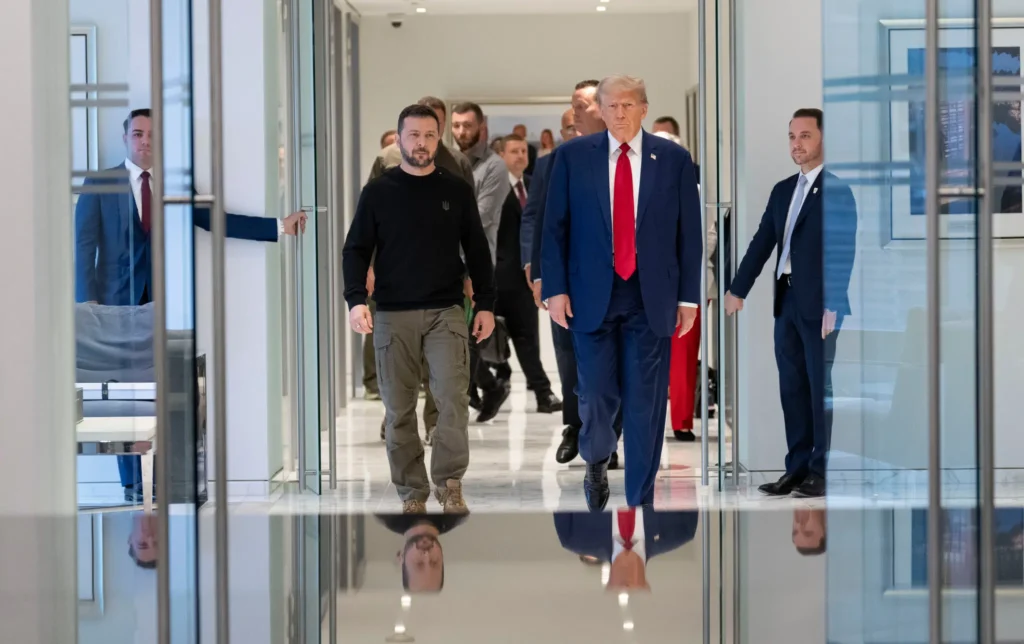
Zelensky’s allies are already strategizing about how to shape future aid packages that align with Trump’s policy style. Mike Pompeo, who served as Secretary of State during Trump’s first term, is advocating for a $500 billion lend-lease program to support Ukraine—a plan he believes aligns well with Trump’s approach. Oleksandr Merezhko, chair of the Ukrainian Parliament’s foreign affairs committee, is also studying Trump’s previous term to craft a diplomatic approach that will resonate.
Canada’s Diplomatic Outreach and Strategic Preparations
Prime Minister Justin Trudeau is working to avoid another turbulent relationship with Trump, recalling past clashes over tariffs that damaged Canadian interests. In recent months, Trudeau has dispatched senior officials to the United States, who have been building connections with influential Republicans. With Trump’s goal of imposing tariffs on all imported goods, Canadian officials are working diligently to explain the potential negative impact of such tariffs on both Canada and the United States.
Deputy Prime Minister Chrystia Freeland has developed strong relationships with figures like Robert Lighthizer, Trump’s top trade advisor during his first term. Their shared concerns about Chinese imports offer some hope for Canada to find common ground with Trump’s team if he returns to office. Yet Trudeau himself is navigating a complex diplomatic balancing act, given his past conflicts with Trump and Trump’s unpredictability on trade issues.
Israel’s Advantage: Building Bridges with Trump’s Closest Advisors
Israel has taken a proactive approach, leveraging connections with Trump’s former advisors, like Jared Kushner and David Friedman, to prepare for a new administration. Prime Minister Benjamin Netanyahu has already visited Mar-a-Lago, Trump’s Florida estate, to reinforce their relationship. Despite a history of ups and downs, Netanyahu and Trump share a deep alignment on Middle Eastern policy, including Trump’s previous decision to recognize Jerusalem as Israel’s capital and move the U.S. embassy there.
Netanyahu’s continued rapport with Trump’s inner circle offers Israel a potential advantage. Figures like Yossi Dagan, an influential settler leader and Trump supporter, are attending key diplomatic events, signaling strong Israeli interest in aligning with Trump’s priorities.
Orban’s Alignment: A Model for Courting Trump’s Favor

Hungarian Prime Minister Viktor Orban has perhaps the closest relationship with Trump among European leaders, as both share similar views on populism and nationalism. Orban’s regular communication with Trump reflects a mutual admiration that has helped solidify Hungary’s position as a European ally within Trump’s orbit. Trump has publicly praised Orban as a “very great leader,” a sentiment Orban returns with open support, especially in terms of Trump’s stance against “woke globalists” and in promoting his vision for peace in Ukraine.
With Orban’s autocratic style and anti-globalist rhetoric resonating within Trump’s base, Hungary seems well-prepared to maintain favorable relations if Trump reclaims the White House.
China, Taiwan, and the Delicate Balance of Diplomacy
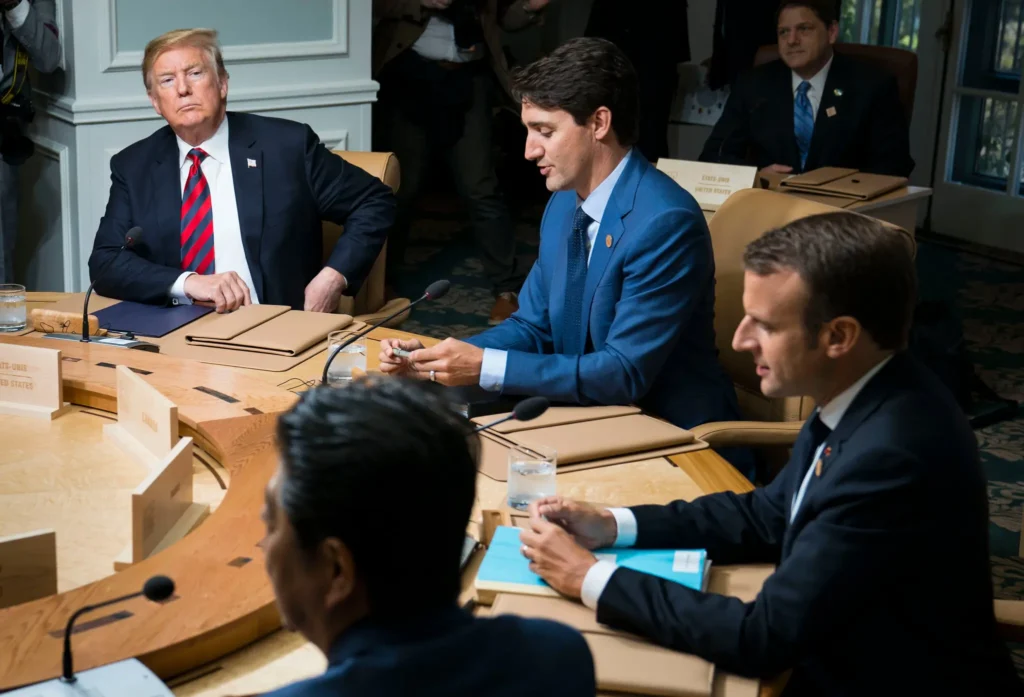
Trump’s first term brought a historic shift in U.S.-Taiwan relations when he accepted a congratulatory phone call from then-President Tsai Ing-wen in 2016, sparking tension with China. While Trump’s backing of Taiwan has been inconsistent, both Taiwan and China are preparing to engage with a potential second Trump term. Taiwan is eager to reestablish a high-level diplomatic connection, while China’s President Xi Jinping has reached out with cautious optimism, acknowledging Trump’s influence in the region.
The complex triangular relationship between the U.S., Taiwan, and China adds layers of geopolitical stakes, especially given Trump’s unpredictable approach.
The EU’s Calculated Approach to a Trump Presidency
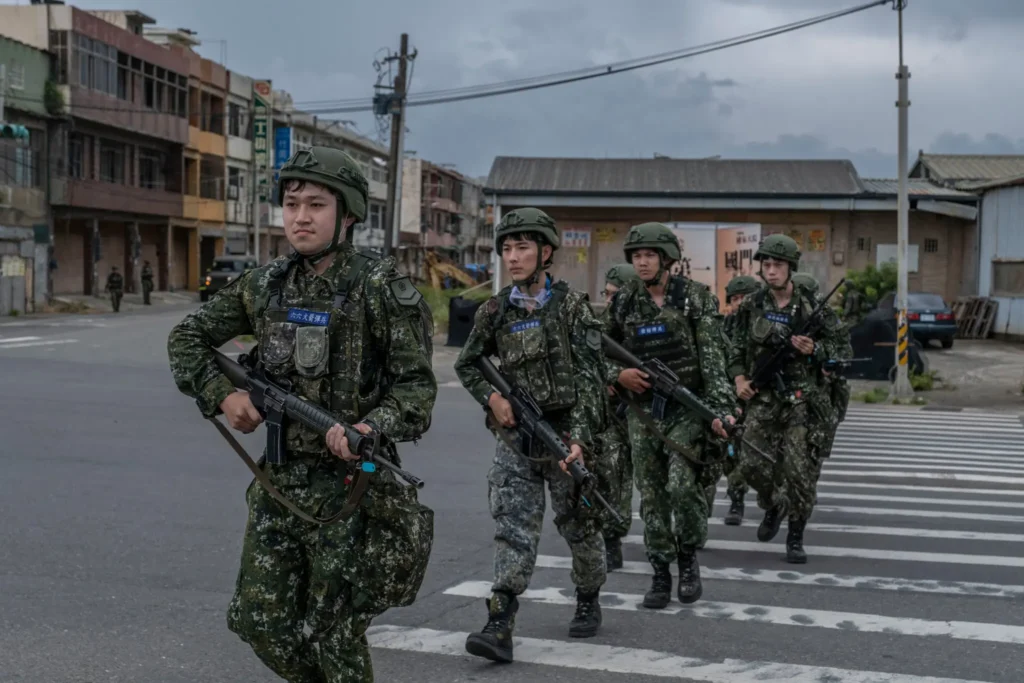
In the European Union, leaders are carefully weighing their options, especially with Trump’s protectionist leanings on trade. Ambassadors from key European countries have met with Björn Seibert, chief of staff for Ursula von der Leyen, the European Commission president, to discuss Trump’s potential policies on tariffs and trade restrictions.
European officials remain cautious, understanding that Trump’s stance on trade could be challenging. British ambassador Karen Pierce summarized the EU’s approach as “the art of the possible,” noting that success depends on clearly presenting benefits that align with Trump’s interests. Kim Darroch, former British ambassador to the U.S., agrees on the importance of outreach but remains skeptical about the chances of changing Trump’s views on established issues.
Conclusion: A Global Strategy for Trump’s Potential Second Term
In preparing for a second Trump term, world leaders are applying lessons from his first presidency. With diplomatic bridges being built and negotiations already underway, it’s clear that foreign leaders are fully aware of Trump’s transactional style and are prepared to engage accordingly. Whether through flattery, strategic alliances, or pragmatic pitches, countries worldwide are gearing up to adapt to a foreign policy landscape that could again be reshaped by one of the world’s most polarizing leaders.
